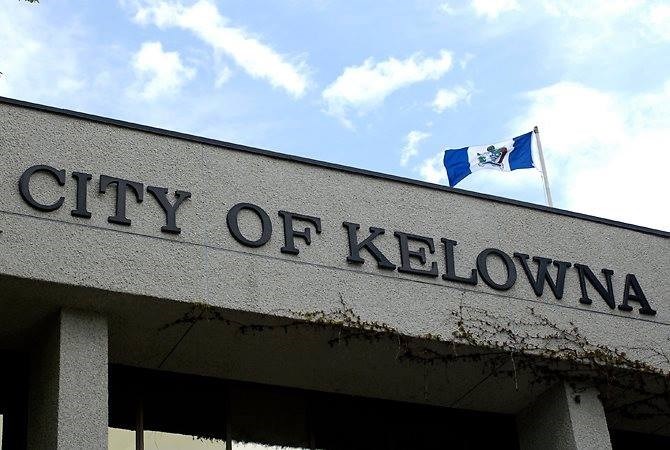
(ADAM PROSKIW / iNFOnews.ca)
January 31, 2019 - 3:57 PM
KELOWNA - Senior government cutbacks and urban sprawl are labelled as two reasons the City of Kelowna doesn’t have enough money to rebuild roads and buildings.
Those are two key points in the Community Trends 2018 report going to council Monday, Feb. 4, for information only. It says the federal and provincial governments funded much of the city’s roads and utilities in the 1950s and 1960s.
“From 1975-2005, government funding (as percentage of GDP) for infrastructure declined significantly, burdening local governments with a greater share of infrastructure costs,” the report states. “As a result of the funding shift, reduced funding levels and poor asset management, 35 per cent of Canada’s core infrastructure assets are in fair, poor, or very poor condition and are in need of attention.”
In Kelowna, it’s estimated to cost more than $1 billion over the next decade to renew, replace or create new roads, parks and other services. Water and sewer systems are fully funded through special charges to property owners.
But the city is going to be short an estimated $478 million to fund all those projects unless it finds other sources of revenue. It’s already agreed to add 1.95 per cent to taxes this year and next year but that will only cut the deficit by about 10 per cent.
“All levels of government recognize that taxpayers are feeling squeezed, meaning the infrastructure challenge is unlikely to be solved by merely increasing taxation,” the report states, calling for reviews to the fees charged to developers, as one method of bringing in more money.”
There is also a recommendation to shift new construction away from rural areas.
“Over the last 50 to 60 years a large proportion of growth has occurred in low-density suburban areas where upfront infrastructure costs are largely covered by developers,” the report states. “The suburban development model provides a low cost of entry for municipalities and an initial cash inflow, but commits municipalities to new long-term maintenance and renewal costs once the development is complete.”
The report shows the City collects about $19,500 per year in taxes for some single-family areas. For townhouses, it gets $37,000 per hectare and as high as $189,000 per hectare per year for multi-family projects.
Other suggestions to bring in more revenue include billing for storm sewer use and charging developers for building parks. Right now, they’re only paying to buy the land.
To contact a reporter for this story, email Rob Munro or call 250-808-0143 or email the editor. You can also submit photos, videos or news tips to the newsroom and be entered to win a monthly prize draw.
We welcome your comments and opinions on our stories but play nice. We won't censor or delete comments unless they contain off-topic statements or links, unnecessary vulgarity, false facts, spam or obviously fake profiles. If you have any concerns about what you see in comments, email the editor in the link above.
News from © iNFOnews, 2019